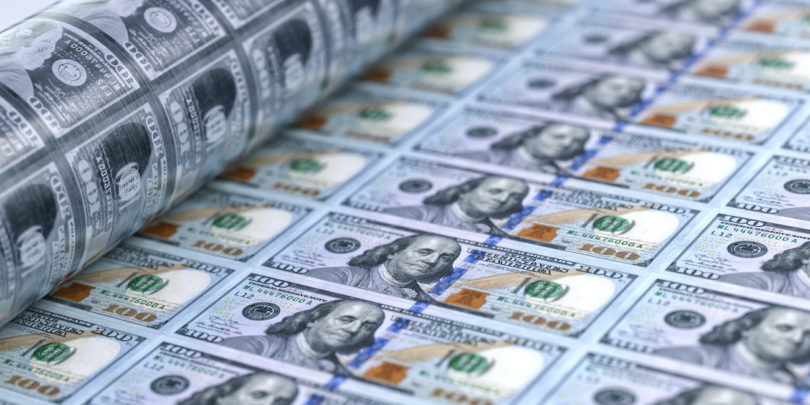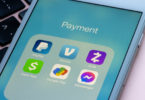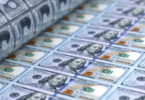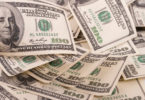Last week, I wrote about a woman that found an extra $1 billion in her Chase account and did her best to get Chase to correct its obvious error. Well, apparently Chase was not done making mistakes like this as they also gave a Louisiana couple $50 BILLION in their bank account.
Couple Finds $50 Billion in Their Chase Account
Chase finally did speak about these issues and said that they had a “technical glitch” around the middle of June that impacted a “limited number of accounts.” However, Chase did not tell the James family, the owners of this particular bank account how this happened and whether their account was somehow compromised.
Darren James had immediately contacted Chase about this error when he discovered the amount of $50 billion in his account. It took Chase 4 days to correct the banking error. Darren said he never considered keeping the money and hopes that making this issue public will help other people to treat such a situation honestly.
According to the screenshot Darren shared of the account, the $50 billion was on a hold, as would be typical for large transfer amounts in many banks. So, he actually would not have had access to the funds anyway until the hold would have been released.
Who knows how long this would have stayed in the account if the James family had not contacted Chase. This certainly raises some concern about Chase’s ability to keep mistakes like this from happening when a “glitch” is putting billions of dollars in random people’s accounts. Presumably, it is coming from some accounts!
It would be a nice move by Chase to have someone at a manager or security level contact these people who were involved in this glitch to assure them that their accounts are safe and help them move their accounts to a new account or something like that if they felt that was necessary. Maybe even give them some points or something for bringing this to their attention?
I mean, there was an inadvertent e-mail sent by Hyatt a couple of years ago to some people and it had accidentally had some Hyatt members’ stays and account numbers in it. I had a personal call from a Hyatt executive to offer to set up a new account, issue new reservations and that they would personally monitor my account to make sure there was no activity that was not initiated by me. This was for a hotel program, not even a bank account!
Hey, at least the James could have fun looking at an account that likely was one of the largest personal accounts in the entire world! 🙂
Source: FoxLA







A finders fee of 10% is about right for most circumstances since if someone found $100 you had misplaced, giving them $10 would be the thing to do. Given how many zeros we’re talking about here, a 1% fee/reward should be more than adequate.
That would certainly sound good to me!
Thanks for linking these stories! I wondered if any other social readers would remember this. I would consider it red flags were I a Chase customer.
I would think owning your mistakes to your customers would go a long way toward customer loyalty, Chase, as would expressions of concern about their security and well-being Our credit card management called and emailed us when we bought a computer in another city two decades ago to be sure someone was not hacking our account. We are still with them today.